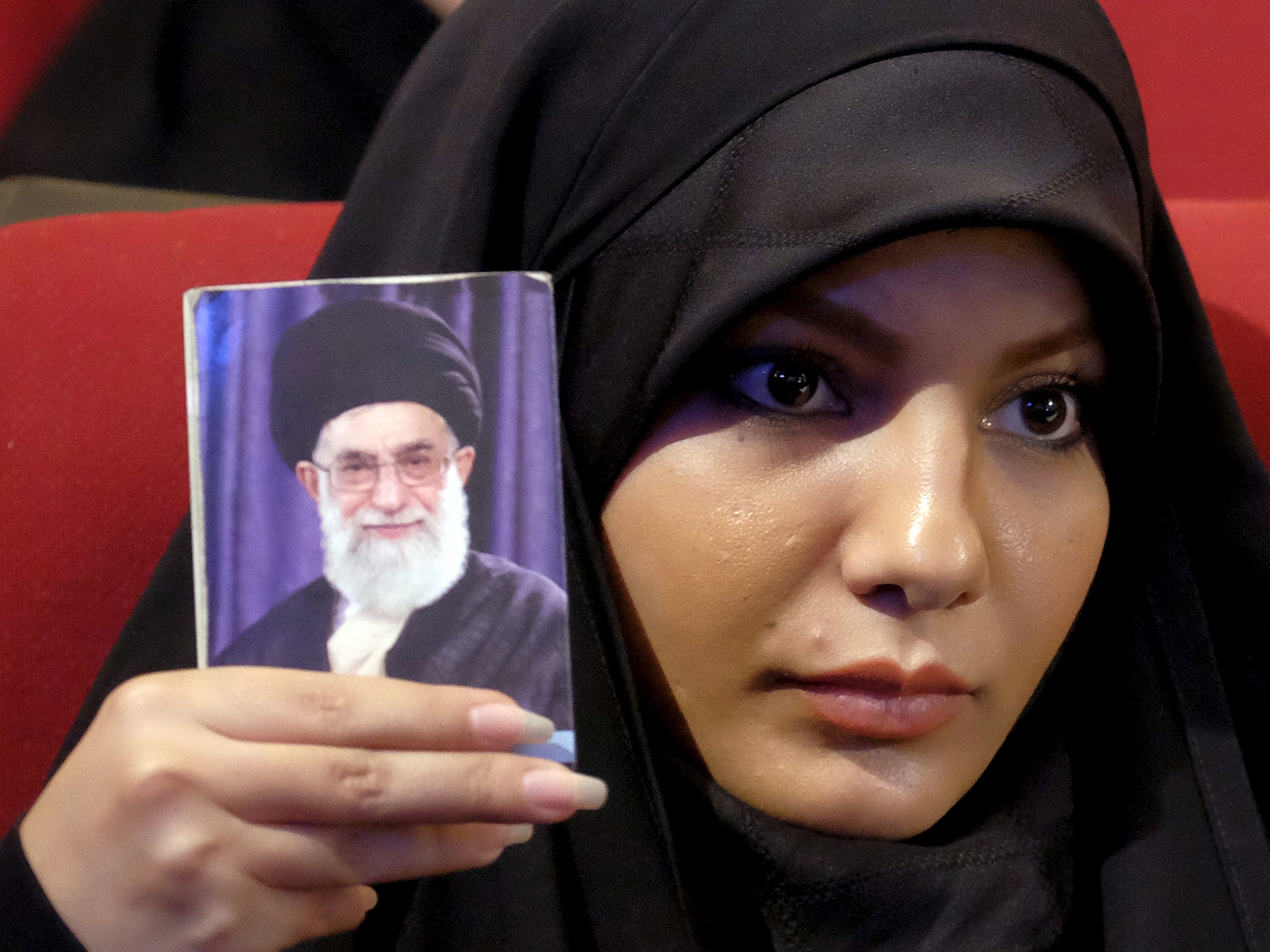Iranian police in Tehran announce women who break Islamic dress codes no longer face arrest
After the 1979 revolution woman were forced to wear long garments and to cover their hair

Your support helps us to tell the story
From reproductive rights to climate change to Big Tech, The Independent is on the ground when the story is developing. Whether it's investigating the financials of Elon Musk's pro-Trump PAC or producing our latest documentary, 'The A Word', which shines a light on the American women fighting for reproductive rights, we know how important it is to parse out the facts from the messaging.
At such a critical moment in US history, we need reporters on the ground. Your donation allows us to keep sending journalists to speak to both sides of the story.
The Independent is trusted by Americans across the entire political spectrum. And unlike many other quality news outlets, we choose not to lock Americans out of our reporting and analysis with paywalls. We believe quality journalism should be available to everyone, paid for by those who can afford it.
Your support makes all the difference.Police in Iran’s capital said that they will no longer arrest women for failing to observe the Islamic dress code in place since the 1979 revolution.
The announcement signalled an easing of punishments for violating the country’s conservative dress code, as called for by the young and reform-minded Iranians who helped re-elect President Hassan Rouhani, a relative moderate, earlier this year.
But hard-liners opposed to easing such rules still dominate Iran’s security forces and judiciary, so it was unclear whether the change would be fully implemented.
“Those who do not observe the Islamic dress code will no longer be taken to detention centers, nor will judicial cases be filed against them.” Tehran police chief General Hossein Rahimi was quoted as saying by the reformist Sharq newspaper.
The semi-official Tasnim news agency said violators will instead be made to attend classes given by police. It said repeat offenders could still be subject to legal action, and the dress code remains in place outside the capital.
For nearly 40 years, women in Iran have been forced to cover their hair and wear long, loose garments. Younger and more liberal-minded women have long pushed the boundaries of the official dress code, wearing loose headscarves that don’t fully cover their hair and painting their nails, drawing the ire of conservatives.
Iran’s morality police— similar to Saudi Arabia’s religious police— typically detain violators and escort them to a police van. Their families are then called to bring the detainee a change of clothes. The violator is then required to sign a form that they will not commit the offense again.
Men can also be stopped by the police if they are seen wearing shorts or going shirtless.
Last year, police in Tehran announced plans to deploy 7,000 male and female officers for a new plainclothes division — the largest such undercover assignment in memory – to monitor public morality and enforce the dress code.
AP
Join our commenting forum
Join thought-provoking conversations, follow other Independent readers and see their replies
Comments